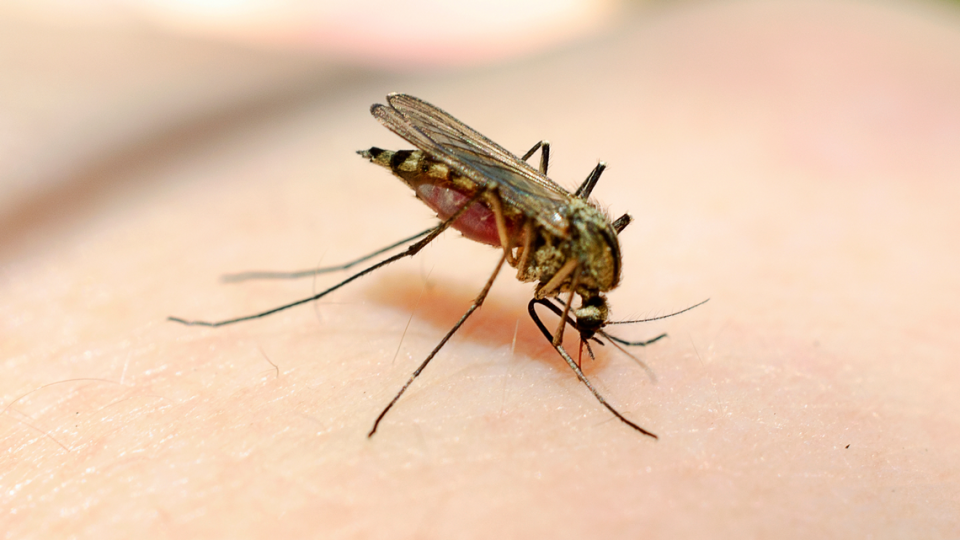Dean’s List: Is it cheating to use ChatGPT in class? A look at higher ed news across NC
When ChatGPT launched to the public last November, it didn’t take long for Mark McNeilly to recognize that the generative artificial intelligence technology would have “big academic integrity implications.”
But McNeilly, a professor at the UNC Kenan-Flagler School of Business, also knew that the technology, which can create entire essays and other responses based on prompts a user gives the chatbot, could hold “a big upside” in higher education spaces. That’s if universities “use it properly” and students, teachers and others are given guidance on how to use it ethically and responsibly.
At the direction of the university’s provost, Chris Clemens, McNeilly and Stan Ahalt, dean of the newly launched UNC School of Data Science and Society, co-chaired a committee — made up of dozens of faculty and staff from academic units across the university — this spring and summer to generate guidelines for the use of generative AI in instructional settings at the university.
The key takeaway? “Our philosophy here is: AI should help you think, not think for you,” McNeilly told The News & Observer in an interview.
Welcome to Dean’s List, a weekly round-up of higher education news in the Triangle and across North Carolina from The News & Observer and myself, Korie Dean. We plan to publish this round-up in an email newsletter format soon, but we wanted to first give you a taste, on our website, of the insights on higher education trends and research you can expect each week.
This inaugural edition features perspectives from McNeilly and Ahalt on how faculty and students are using generative AI technology in the classroom, whether there are generational differences between the groups’ understanding of AI, and what could be next for the university committee as AI continues to evolve.
You’ll also read about a grant at East Carolina University and mosquito research at NC State University, and get caught up on some higher education reporting from other outlets, including local student newspapers.
Let’s get started.
AI should help students think, UNC guidance says
▪ Is using AI considered cheating? Though a gut-reaction to AI might be to to prohibit the use of ChatGPT and other generative AI tools in classrooms and to complete assignments, UNC’s committee realized early on that such a ban was not only impractical, but could potentially hinder students in the long run.
While individual instructors are given the leeway and freedom to decide that they do not want students to use AI in their courses — and, in turn, decide that doing so would be a violation of the university Honor Code, which prohibits lying, cheating and stealing — the committee avoided making those decisions apply university-wide. Instructors can also make those decisions based on individual assignments in their courses.
“We wanted to embrace the fact that this is something that, probably, the students are going to have to use in the workplace in the future,” Ahalt said.
The committee’s work generated several resources for faculty, staff and students to understand how to use AI responsibly and ethically in their work, including suggested language for professors to include in their syllabi, which notes, among other points, that “the use of AI must be open and documented.” The university also offers online video modules aimed at helping AI users become more literate in the technology’s capabilities and hindrances.
▪ Guidance over policy, for now: The guidance developed by the committee is not official university policy, but instead is designed — at least currently — to adapt to how AI technology may change in the near future. Proposing and adopting policy, Ahalt and McNeilly both noted, can take considerable amounts of time to wind through the university governance process.
”We were trying to create something that allowed some room for flexibility,” Ahalt said.
▪ Generational divides? The reception to the technology has varied across the university, Ahalt said. Though today’s students are largely digital natives, having grown up in a world with technology at their fingertips from the start, that doesn’t mean they’re all jumping into the AI space with abandon.
“I don’t think there’s a huge generational difference in reception,” Ahalt said. “I think one of the things that I have been particularly proud of, is that I think a lot of students are hesitant to use it, because they’re not sure about how it falls into the ethical guidelines, and so they’ve been properly cautious.”
▪ What’s next? When it comes to proactively introducing AI into classroom settings, McNeilly said faculty are generally considering two objectives: integrating the technology as part of a class, or designing courses entirely around the technology. For his part, McNeilly said he has done both — integrating AI into his class on “professional selling,” and soon launching an AI-centered entrepreneurship course.
Eventually, Ahalt said, all students who attend UNC will likely leave the university with at least some instruction on how to use AI ethically, both in their coursework and beyond.
“This is a technology that is transformative,” Ahalt said, “and we’re going to have to figure out how to adapt ourselves to it.”
Here’s more about how local universities are responding to generative AI:
More information about UNC’s committee is available at: provost.unc.edu/committees
Other local universities, including Duke, have also begun to tackle the topic in recent months. Find Duke’s guidance here: learninginnovation.duke.edu/ai-and-teaching-at-duke-2
Brian Gordon, The N&O’s technology and innovation reporter, and I recently explored how AI is impacting college admissions across the state.
ECU gets grant from EPA to prevent pollution
The Center for Sustainable Energy and Environmental Engineering at East Carolina University received a grant of more than $550,000 from the U.S. Environmental Protection Agency to prevent pollution in North Carolina communities with low-income and minority populations, the university announced Oct. 16.
The grant will allow the center to develop and implement practices to prevent pollution, as well as increase water and energy efficiency, at manufacturing facilities. ECU was one of 24 institutions to receive pollution prevention grants from the EPA to advance environmental justice.
“Through this funding from the EPA, ECU will develop innovative approaches that are informed by academic and industry experts, accessible to community members, and drive advancements to address critical issues facing eastern North Carolina and places around the world,” Sharon Paynter, acting chief research and engagement officer in ECU’s Office of Research, Economic Development and Engagement, said in a news release.

NC State researchers map mosquito ‘tree of life’
Have you ever felt personally targeted by mosquitoes, maybe claiming you have “sweet” blood or scent?
Researchers at NC State University are closer to determining what factors actually impact mosquitoes’ choice of host, as well as several other traits of the insects, thanks to their mapping of the mosquitoes’ “tree of life.” The research also has implications for understand how mosquitoes transmit disease.
“The family tree ends up being a road map for the kinds of adaptations that led to why some mosquitoes are such important vectors of disease and others are not,” NC State entomology professor Brian Wiegmann said in a release. “If we figure out which are the bad mosquitoes and put them in the context that led to the success of being vectors of human disease, then we can understand more about how similar pathways may be taken, or how we can predict why some mosquitoes are carriers of viruses and other are not.”
Wiegmann’s paper is published in Nature Communications.

Higher ed news from NC and beyond
Duke University painted over a portion of its Free Expression Bridge, citing concerns from community members that it contained antisemitic language tied to the ongoing Israel-Hamas conflict, The Duke Chronicle reported. The painted-over phrase, “From the river to the sea,” has been criticized, including by the Anti-Defamation League, for implying the destruction of Israel. Duke left other pro-Palestinian images and language on the bridge intact, The Chronicle reported.
Rob Koll, the newly hired head wrestling coach at UNC, is facing criticism after making comments on a podcast about the university’s population of young, female students, The Daily Tar Heel reported. Koll provided a statement to The DTH, saying, in part, he “did not mean to offend anyone in the Carolina community with my statements, and I apologize if I did.”
Robert Mann, a tenured Louisiana State University professor, said he would resign from his position at the end of the academic year after Jeff Landry, a Republican with whom Mann had clashed with on social media in 2021, was elected governor of that state, The Chronicle of Higher Education reported. Mann wrote on X, formerly Twitter, that he had “no confidence” university leaders would protect “against a governor’s efforts to punish me and other faculty members.”
Sign up for our higher education newsletter
That’s all for this week’s round-up of North Carolina higher education news. I hope you’ll stay tuned for more in the weeks to come.
Like what you read here and want to be on our mailing list when the Dean’s List newsletter launches? Have suggestions for what kind of content you’d like to see featured in the future? Let us know by filling out the form below:
Staff writer Brian Gordon contributed to this report.

